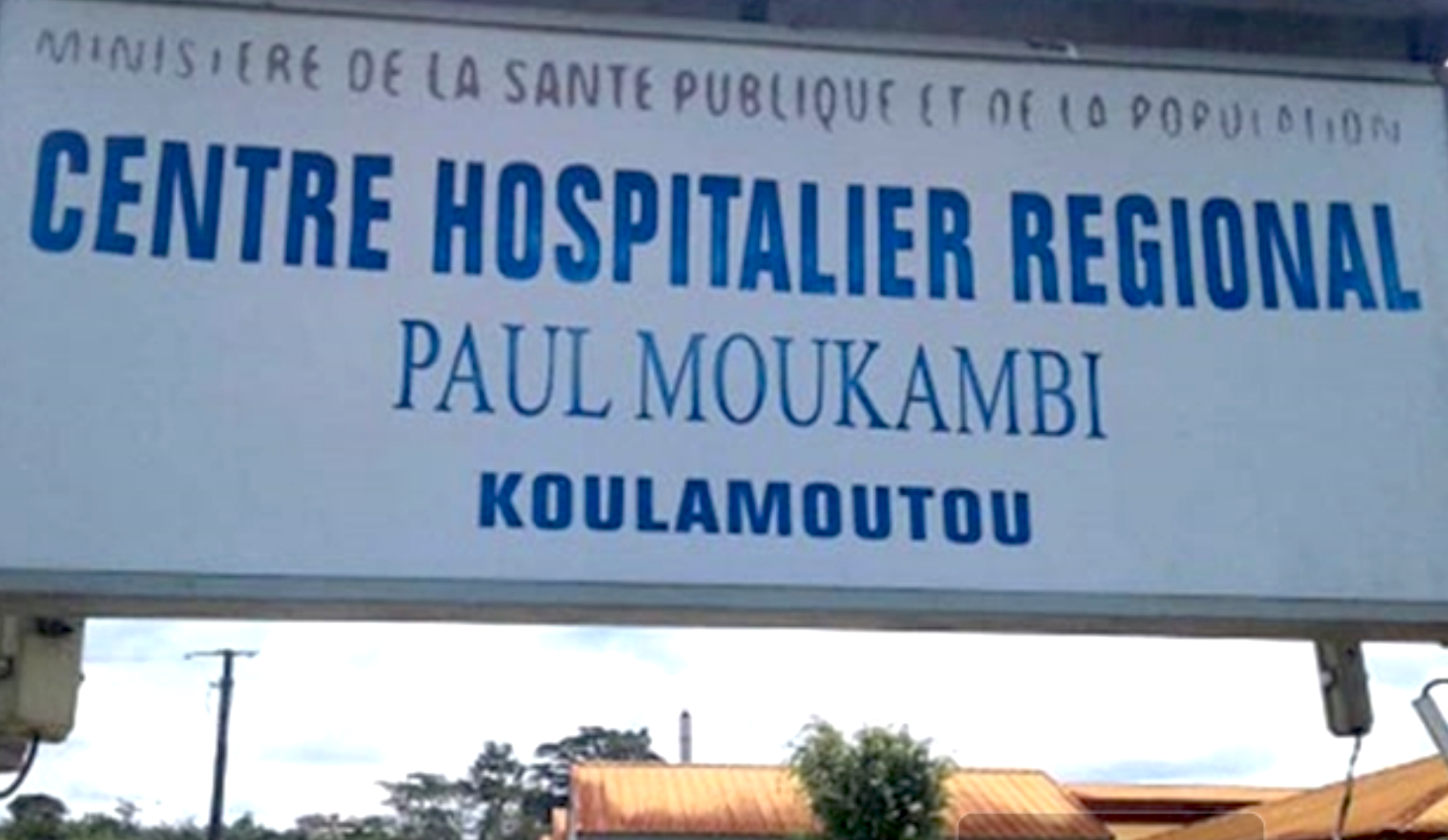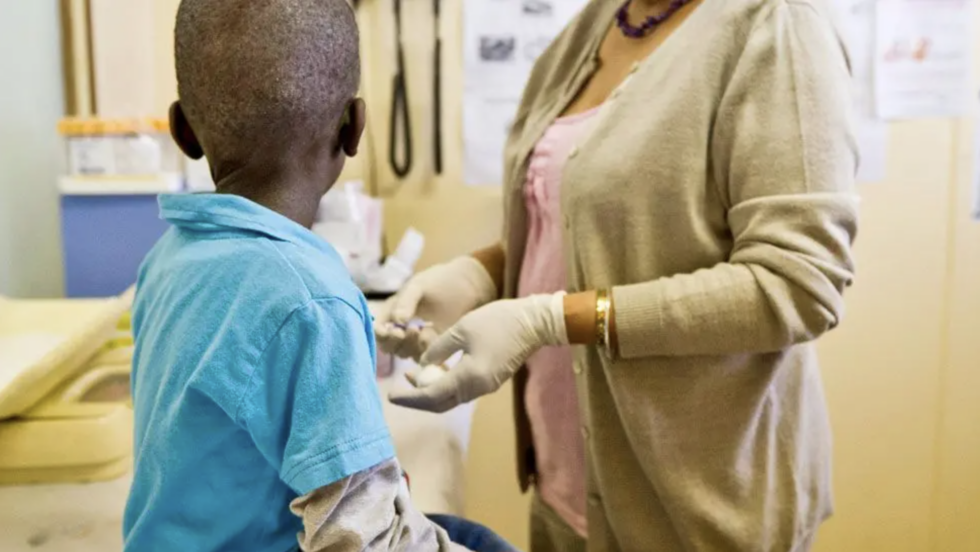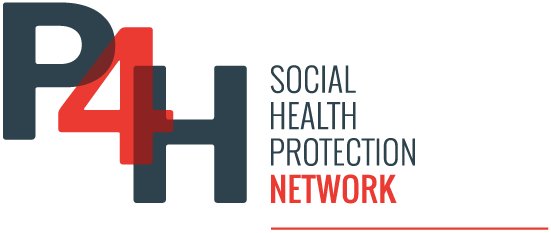
Gabon’s healthcare budget to rise by 2025
Gabon's healthcare budget for 2025 is ten billion FCFA (almost 17,828,530 USD) higher than the previous year. In Gabon, the health budget for 2025 has been increased by ten billion FCFA (almost 17,828,530 USD). This budgetary effort on the part of the public...

High-level conference on health financing in Benin
On July 2025, representatives of governments, the private sector and technical and financial partners met in Benin for the first high-level conference on health financing in Africa, organized by the private health sector platform.Benin's private health sector platform...

Qatar’s Healthcare Revolution: How Strategic Partnerships Are Shaping the Future of Middle Eastern Healthcare Infrastructure
The 2025 partnership between Al-Ahli Hospital, Hamad Medical Corporation (HMC), and other private providers is reshaping Qatar’s healthcare sector by enabling public-private collaboration to reduce wait times and improve equitable access, in alignment with Vision...

Libya’s broken healthcare system drives locals to migrate
Libya’s ongoing political instability has devastated its healthcare system, forcing families to embark on perilous journeys to Europe in search of life-saving treatment unavailable at home. Despite occasional promises from authorities, lasting solutions and reliable...
Health insurance coverage among men and women in six countries within the Southeast Asia Region (2015–2022)
This study assessed health insurance coverage across six WHO Southeast Asia Region countries using Demographic and Health Survey data from 2015–2022. Coverage varied widely, with Indonesia showing the highest levels and Bangladesh and Myanmar the lowest, while...

South Africa’s Treasury steps in after Pepfar cuts, boosts HIV funding and health infrastructure
South Africa’s Treasury has allocated R753.5 m (42.7M USD) to plug gaps in HIV/AIDS programmes following Pepfar funding cuts, while new research investments and health infrastructure projects are underway.South Africa’s National Treasury has committed R753.5 million...

Health taxes to combat NCDs in India
India must raise taxes on tobacco and sugary drinks to curb health risks and recover economic costs, argue Nagarajan and John in a new World Bank blog, urging a Health Cess and stronger excise policies. In a World Bank blog post, Mohan Nagarajan and Rijo M. John...
National Health Strategy for the 2030 Health Targets
This strategic document, published by the Chilean Ministry of Health in 2022, describes in detail the national strategies for its health objectives up to 2030. One of the chapters deals specifically with sector financing, where the objective is to align the financing...

Morocco Overhauls Health Insurance System with New Unified Structure
Morocco has passed major reforms to unify its basic health insurance system under the National Social Security Fund (CNSS), aiming to improve efficiency, transparency, and access to healthcare as part of King Mohammed VI’s broader vision for universal social...

Vietnam seeks WHO assistance in disease response, universal health care
The WHO Director-General praised Vietnam’s strong health policies and affirmed continued support in strengthening grassroots healthcare and public health systems. Prime Minister Chinh highlighted Vietnam’s shift toward prevention-focused healthcare and called for...

Indonesia makes impressive progress towards Universal Health Coverage within 10 Years
Indonesia makes impressive progress towards universal health coverage in just 10 years, covering over 98 percent of its population through the Jaminan Kesehatan Nasional (JKN) Program, thanks to strong government commitment and collaboration among stakeholders. Badan...
UHC for the Silver Dividend: Building Health Systems for an Ageing India
India is experiencing a demographic shift, with a large youthful workforce and a rapidly growing elderly population projected to reach 193 million by 2030, highlighting the urgent need for a robust and equitable health system. Universal Health Coverage is essential to...
Survey of health status and healthcare use among the over-18s in three health zones in Benin
This survey on the health status and healthcare use of the over-18s (ESRS) is the fruit of collaboration between Belgian and Beninese universities in 2024. The survey report provides a detailed and representative picture of the health, economic and social situation of...

Proposed inclusion of new benefits in Uruguay
Uruguay's Minister of Public Health is proposing the inclusion of new benefits in the National Resources Fund basket. These include medical equipment and medicines for heart disease and cancer treatments. In June 2025, the Minister of Public Health, Cristina...

Stronger health financing is key to equitable and resilient healthcare systems
Strengthening public health financing is essential to reduce inequalities and build effective, equity-driven primary health care systems, says Dr. Eddy Pérez-Then in a new analysis.Adequate financing is a critical factor in determining the effectiveness and equity of...
